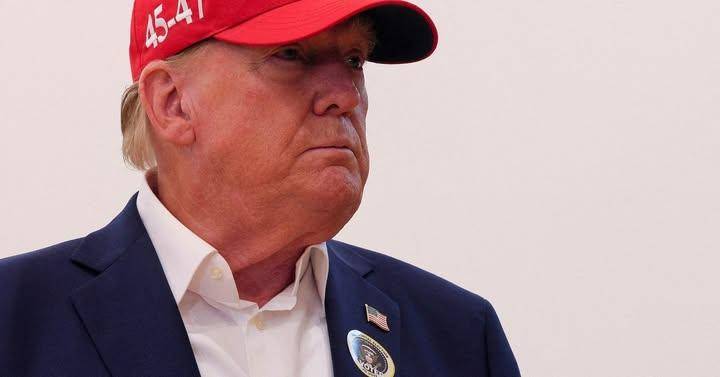Trump Proposes Faster Environmental Approvals for $1 Billion Investments: Bold Plan or Corporate Favoritism?
President-elect Donald Trump recently hinted at a controversial proposal that could reshape the U.S. economic and environmental landscape. In a statement on his social media platform, Truth Social, Trump proposed expediting environmental and other regulatory approvals for individuals or companies investing $1 billion or more in the United States. He framed this initiative as a way to stimulate economic growth, stating, “GET READY TO ROCK!!!â€
While the announcement was light on specifics, its implications are already sparking intense debate. Trump’s plan is seen by supporters as a pragmatic approach to attract major investments and revitalize American manufacturing, a key promise in his “America First†agenda. On the campaign trail, Trump repeatedly emphasized reducing regulatory hurdles to make the U.S. a more business-friendly environment. His rhetoric has resonated with some in the energy and manufacturing sectors, who view stringent regulations as obstacles to progress.
However, the proposal has drawn sharp criticism from environmental advocacy groups. The Sierra Club, a leading environmental organization, likened the idea to a corporate “bribe,†with Beyond Fossil Fuels Policy Director Mahyar Sorour stating, “Donald Trump’s plan to sell out to the highest bidder confirms what we’ve long known about him.†Critics argue that such a policy could undermine decades of environmental protections established under laws like the National Environmental Policy Act (NEPA).
During his first presidential term, Trump rolled back over 100 environmental regulations, targeting policies on greenhouse gas emissions, air pollution, and offshore drilling. His administration argued that these actions reduced bureaucratic red tape, but environmentalists countered that they weakened critical safeguards for public health and natural resources.
Trump’s latest proposal also raises questions about its feasibility within existing legal frameworks. NEPA and other longstanding regulations mandate thorough environmental reviews for major federally funded projects. Streamlining these processes could face significant legal and political challenges.
The plan aligns with Trump’s broader promises to bring manufacturing jobs back to the U.S. through protectionist trade policies and incentives for domestic investment. However, environmental groups worry that prioritizing profit over sustainability could have long-term consequences for American communities and ecosystems.
Whether this initiative will boost the U.S. economy or exacerbate environmental concerns remains to be seen. As Trump prepares to take office, the balance between economic growth and environmental stewardship is once again under the spotlight.
This proposal is likely to stir debate among policymakers, businesses, and activists, ensuring its place as a focal point in national discourse.



No comments yet
Be the first to share your thoughts!